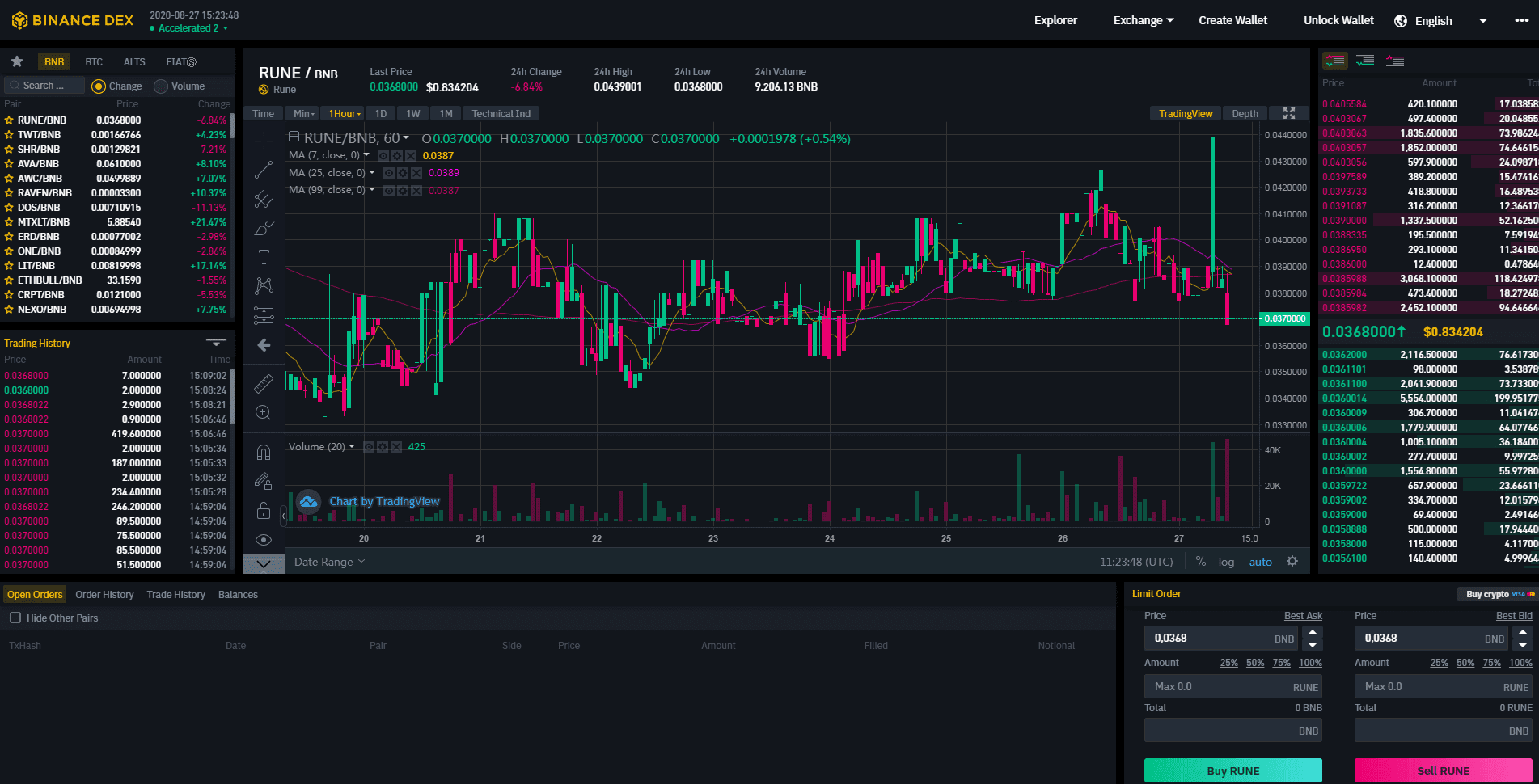Content
Institutions that operate globally have a particularly long road ahead, as they need to account for jurisdictional variances in KYC requirements. Our observations indicate that efforts are well underway at most of these institutions, but much remains to be done, especially with respect to consolidating compliance efforts across borders to the extent possible. A special interest person or entity has been convicted of or investigated for serious financial or organized crimes such as money laundering, terrorism, and illegal trafficking. While it is not illegal to do business with an SIP/SIE, they pose an increased risk.

Financial institutions must first verify the stated identity of a potential customer before opening an account. Because there are no legal verification standards, this process may look different for each bank. Since AML and KYC procedures can add friction to your user experience — no one wants to hand over PII — it’s important to ensure your process is as streamlined and secure as possible. With Persona’s KYC solutions, most identity verification decisions take just 5 seconds, so users can get verified quickly and be on their way.
Table of Contents
What is Know Your Customer (KYC) and why it’s important
Our company switched from Docusign to Lightico, as Lightico is easier and more convenient than Docusign, as the customer can choose between receiving a text message or an email. Providers should offer strong fraud protection, reliably identifying forgeries, spoofing, and other malicious activity. Some are fully automated, some include manual checks, liveness checks etc.
The KYC process also helps companies avoid financial penalties that regulators impose as well as reputational damage. Since the financial sector is always at risk of financial frauds, crimes, and attacks, background checks help mitigate fraudulent activities. The KYC rule was designed to ensure compliance with anti-money laundering laws, detect suspicious activity, and prevent criminals and terrorists from using the financial system. This helps protect customers, investors, the reputation of the bank, and the integrity of global markets. Know Your Customer is part of financial institutions’ legally required due diligence to verify the identity of customers and monitor their transactions.

A PEP is a person who either holds a prominent public function – such as a government politician or top military official – or has close family, personal or business ties with someone who does. Researching company data and investigating senior executives and directors. LexisNexis, a division of RELX Inc., may contact you in your professional capacity with information about our other products, services and events that we believe may be of interest. You can learn more about how we handle your personal data and your rights by reviewing our Privacy Policy. Structured Query Language is a programming language used to interact with a database….
Why is KYC important in banking?
To ensure that they are legitimate by understanding the nature of customer activities. Once preliminary customer data has been collected, second step is to determine if it is linked to criminal activity. Customer Risk AssessmentStrengthen your business with risk-based scorecard review. Checking the individual isn’t listed as a politically exposed person , potentially opening them up to corruption or bribery. The tool combines an unrivalled collection of global business intelligence and easy-to-use technology and pulls together all the information you need in one place. It enhances your due diligence practices and helps you minimise your business risk.
These procedures are at the core of CIP; as with other Anti-Money Laundering compliance requirements, these policies shouldn’t be followed willy-nilly. They need to be clarified and codified to provide continued guidance to staff, executives and for the benefit of regulators. Business Verification Verify businesses anywhere in the world and achieve KYB compliance. IntegrationsConnect to native, first- and third-party services and global data partners. Identity PlatformCustomize workflows anywhere in the world with a global identity platform.
Custom SOlutions
In that case, they will request and check the customer’s government issued identity document and proof of address. Reliable KYC practices are crucial to every business that handles legal commitments. Besides mitigating legal risks , KYC also provides a sustainable legal base by tracking the validity status of submitted documents and tracking suspicious transactions. Even so, complying and keeping up with KYC requirements can be challenging. We perform thousands of KYC checks a day – screening against global media, international sanctions registers and global compliance databases, while performing strict risk analyses in line with our clients’ particular criteria.
What is KYC?
Know Your Customer (KYC) is a part of Customer Due Diligence (CDD) regimes. KYC is the process run by businesses to identify their customers’ true identity to access the risk associated with that customer and to check its suitability as a client. pic.twitter.com/flfUgIogZY— DYKES INSURANCE BROKERS LTD (@Dykesinsbrokers) October 6, 2020
Enhanced due diligence is generally only performed on accounts with a higher risk profile, especially those that pose a risk of suspicious activity like money laundering or terrorist financing. It involves greater scrutiny, such as checking the person’s source of funds and business area and more closely monitoring their transactions on an ongoing basis. Compliance with KYC regulations helps prevent money laundering, terrorism financing, and more run-of-the-mill fraud schemes.
What does Know Your Customer (KYC) mean?
For example, gambling establishments might ask for financial data along with personal information to make sure players can cover their debts if the numbers don’t go their way. Added regulations – Bad actors will continue to develop new tactics, especially in light of the current economic downturn and geopolitical turmoil such as the war in Ukraine. Government agencies will update regulations to address these emerging threats. Compliance officer – Designate a compliance officer to oversee the entire AML process.
Proof of address verification for those who wish to operate with larger sums. VASPs fall under AML regulations in many countries, including the US, Canada, UK, France, Singapore, Japan, South Korea, and others. Whereas, in some other countries, VASPs aren’t yet even written into law, or are banned altogether.
The phrase “know your customer” may seem self-explanatory, but it carries important regulatory consequences. The term KYC describes the measures and controls that businesses must put in place to verify the identities of their customers and clients before, and during, a business relationship. what is compliance for brokers The term can also reference the range of regulated bank practices that are used to verify clients’ identities. Today, online retailers have to balance the need for an efficient customer experience with the ability to ensure that account holders are who they say they are.
Sir Martin Sorrell, Fred Watt and Mark Weil discuss global business complexity challenges and trends
For example, if the applicant submits a driver’s license, the verification will be done from the Department of Motor Vehicles . In 2019, Mexico updated its AML law, the Federal Law for the Prevention and Identification https://xcritical.com/ of Transactions with Funds from Illicit Sources. Further regulations and AML provisions vary based on the industry and regulator. Most other financial services also have KYC requirements similar to banks.
Alene Laney is an award-winning personal finance and real estate journalist based in the Southwest. She has written for a number of online and print outlets, including Insider, The Balance, Realtor.com, Smarter Travel, The San Juan Record and others. If you have questions about connecting your financial accounts to a Plaid-powered app, visit our consumer help center for more information. Sanction Scanner provides end-to-end needs of organizations in this field because of its many features, API and integration capability, and the ability to create local lists. Thanks to automatic remote solutions, KYC verification can be performed at any time and place.
- KYC regulations mean almost any business, platform, or organization that interacts with a financial institution to open an account or engage in transactions must comply with these complex regulations.
- Anti-Money Laundering is a complex of measures carried out by financial institutions and other regulated entities to prevent financial crimes.
- The former involves getting a customer’s data before starting a business relationship, enabling the business to create a customer’s risk profile.
- Its purpose is to prevent fraud, money laundering, and other illicit activity, as well as the misuse of financial accounts.
- Risk assessments also allow financial institutions to compare a client’s financial activity to that of their peers.
- KYC processes are also employed by companies of all sizes for the purpose of ensuring their proposed customers, agents, consultants, or distributors are anti-bribery compliant, and are actually who they claim to be.
- Risk scoring—determining the risk category of a customer based on the results of steps 1-3.
This helps the financial institution better understand the customer’s preferences and behavior in their relationship with the bank. When the bank understands the nature and purpose of a customer’s relationship with the bank, it can help them understand what types of transactions the customer is most likely to make. This enables them to spot suspicious activity that is not in line with the customer’s usual activity. KYC is a critical process for determining customer risk and whether the customer can meet the institution’s requirements to use their services. Financial institutions must ensure clients are not engaging in criminal activities while using their services.
Understanding Know Your Client (KYC)
Understanding KYC means understanding not just what the process is, but how the different components work together to reduce fraud and illegal activity. Following the 9/11 attacks, the U.S. passed stricter KYC requirements as part of the Patriot Act. While these changes were in the works for several years, the terrorist attacks provided the political momentum needed to enact them. Thanks to advanced artificial intelligence technologies, onboarding processes have improved.
A Step-by-Step Guide to Become a Compliance Officer
This approach, however, is time-intensive and subject to human bias and potential errors. Artificial Intelligence , which can analyze data much more efficiently than humans in order to recognize patterns in data, identify risk signals, etc. Intelligent Document Processing , which leverages Machine Learning as well as Natural Language Processing to process documents, check their validity, and extract information.
Importantly, the proposed requirements establish only a baseline for performing customer due diligence, which should be supplemented by the institution’s own assessment of each client’s risk profile. While the proposal clearly outlines its baseline requirements, criteria for internal customer risk assessments are largely left open to interpretation. Banks, fintechs and other financial institutions are required by law to implement a KYC identity verification process, but the law doesn’t spell out exactly what measures each business must take. Know Your Customer is a financial institution’s regulatory and legal obligation to combat fraud and financial crime by verifying the identity of its customers. Since 2017, ING has been working to improve and enhance compliance risk management.
To help meet your KYC regulatory obligations and build a comprehensive risk assessment profile, you need an identity verification solution that can deliver convenience to your customers and protection for your business. Due to factors like complex government and industry regulations, increasing reliance on online banking, and the growing threat of financial crime across the globe, financial institutions require rigorous KYC processes. “In its simplest form, when a person opens a bank account, they are required to provide the bank several pieces of identifying information,” says Brandon Koeser, financial services senior analyst at RSM US LLP. “This information will also be used for ongoing bank account monitoring purposes to identify and report suspicious transactions or banking activities to the appropriate regulatory authorities.”
